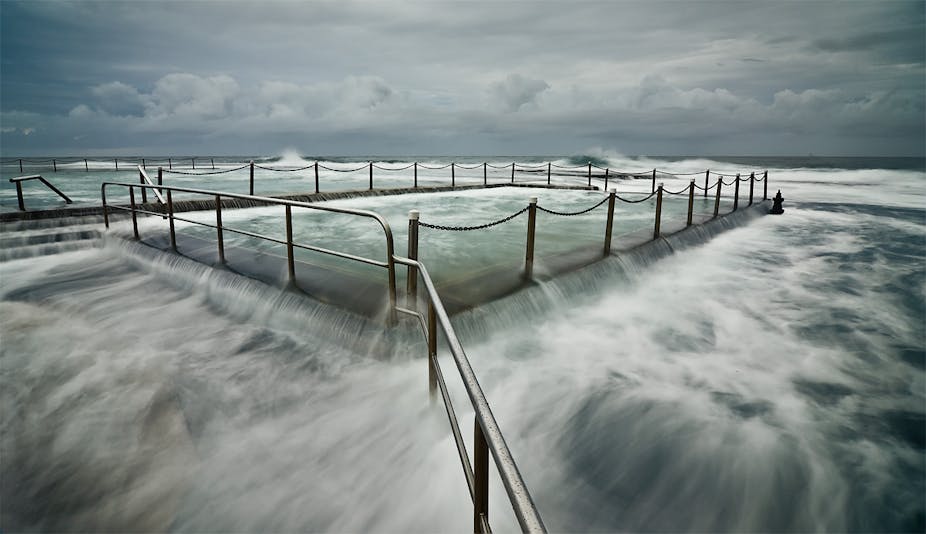Global average sea levels continue to rise but readings vary greatly depending on when and where they are taken, a leading expert on coastal impacts of climate change has said, warning that selective sea level readings do not give an accurate overall picture.
CSIRO observations show the global sea level rise since 1993 has been between 2.8-3.2 mm per year, near the upper end of predictions made by the Intergovernmental Panel on Climate Change (IPCC), said a CSIRO expert on coastal climate change, Dr Kathy McInnes.
“But there is a huge amount of variability in the rate of rise,” said Dr McInnes, a contributing author to the IPCC second, third and fourth assessment reports and a lead author on an IPCC Special Report on Extremes.
“If you go back to around the 1930s and 40s you get a declining trend. If you go back earlier than that, you see acceleration. If you look at records later than that, you see acceleration.”
Dr McInnes’ comments follow recent media reports that sea level rises are decelerating, which referred to research by the principal coastal specialist at the NSW Department of Environment, Climate Change and Water, Phil Watson.
Mr Watson’s findings were based on readings of long tide gauge records taken at Fremantle, Auckland, Fort Denison and Newcastle and found a “consistent trend of weak deceleration at each of these gauge sites throughout Australasia over the period from 1940 to 2000.”
However, Mr Watson said the media report had misrepresented his findings.
“Unfortunately the Australian article, Sea-level rises slowing: tidal records, misrepresented my research work by saying that "global warming is not affecting sea levels”,“ he said, adding that his department had sent a letter to the editor about the report.
"My research analysed trends in historical regional sea level data but did not draw conclusions about the impacts of global warming on sea level rise,” he said.
A longer term data set was needed to get an accurate picture about sea level rises, said Dr McInnes.
“One of the points [Watson] makes in the paper is that because of natural climate variability, which influences the sea level record, it may take 10 - 20 more years of records to determine more conclusively the role of global warming on recent sea level trends,” Dr McInnes said.
Sea levels around the Australian coast rose an average of 5 - 6mm per year between 1993 and early 2011, CSIRO observations show, well above the 20th Century average of 1.7 mm per year.

